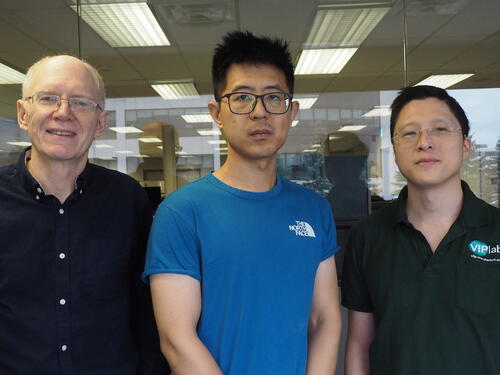Using AI to find microplastics
An interdisciplinary research team from the University of Waterloo is using artificial intelligence (AI) to identify microplastics faster and more accurately than ever before.
Dr. Alexander Wong, a professor in Waterloo’s Department of Systems Design Engineering and the Canada Research Chair in Artificial Intelligence and Medical Imaging was approached for assistance. With his help, the team developed an AI tool called PlasticNet that enables researchers to rapidly analyze large numbers of particles approximately 50 per cent faster than prior methods and with 20 per cent more accuracy.
“We built a deep learning neural network to enhance microplastic identification from the spectroscopic signals,” said Wong. “We trained it on data from existing literature sources and our own generated images to understand the varied make-up of microplastics and spot the differences quickly and correctly— regardless of the fingerprint quality.”
The research team’s advanced imaging identification system could help wastewater treatment plants and food production industries make informed decisions to mitigate the potential impact of microplastics on the environment and human health.

The PlasticNet research team (L to R): Dr. Wayne Parker, Frank Zhu and Dr. Alexander Wong.
Read the full story at Using AI to find microplastics